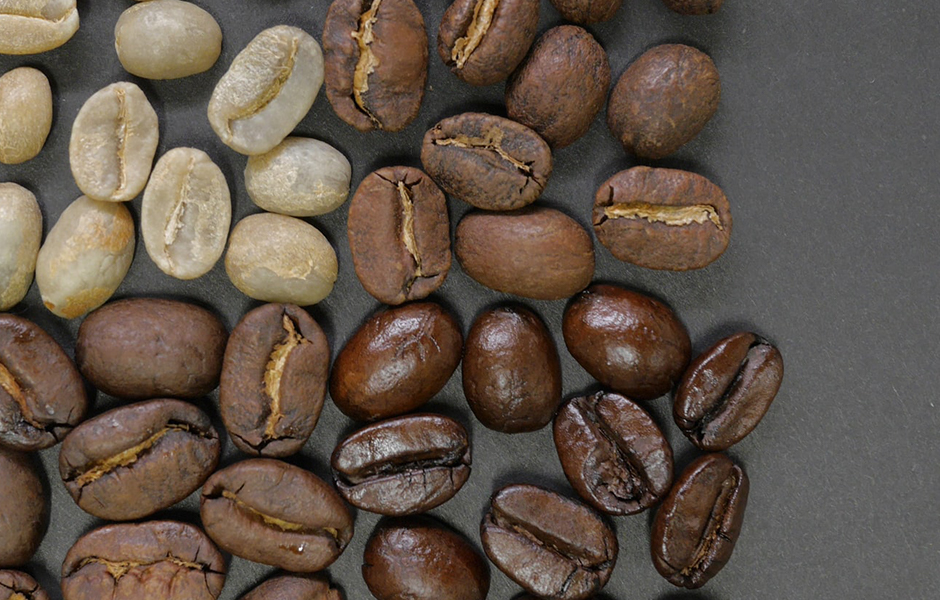Many believe the origin lays with Kaldi and his goats in 700AD. Legend says that the goat herder, Kaldi, stumbled upon his goats acting erratically. He discovered that they had been grazing on red berries, citing this as the reason for his goat’s strange behaviour.
This discovery became the foundling beginnings of coffee as we know it today. Word of coffee and its effects quickly spread. Many states embraced coffee, whilst other were cautious of its properties.
Here are five attempts that nearly banned coffee throughout history and could have altered the very drink so many of us rely on each day.
Mecca and Islam
Before coffee was introduced into Europe in 1511, Khair Beg, the Governor of Mecca, decided to ban coffee. Due to its properties, it was seen as a dangerous drug that stimulated radical thinking. Khair Beg believed coffee to be as dangerous and intoxicating as wine, which was prohibited by the Quran. The Governor seized coffee from vendors and burnt all remaining stockpiles. Fortunately, after great opposition from the public and councillors, the Sultan of Egypt overturned the ruling. Coffee was rife in Mecca once more.
Catholicism
During the 16th century, coffee was introduced and adored by Europe. Members of the clergy believed that the drink could corrupt others with its great taste. Coffee earnt the label of ‘satanic drink’, with many pushing for its banishment by the Church. However, Pope Clement VIII eventually tried the drink, deciding it not the work of the devil, but instead a delicious drink. To reinstate it into Christian life, the Pope baptised the drink, declaring it a Christian beverage.
After this, coffee houses grew all over Europe. Much like houses of Arabia, these houses became social hubs where individuals could engage in conversation and political debates. Perhaps the most notable of these was created by Edward Lloyd, operating as a house of sailors, merchants, and shop owners. Lloyds still exists today, as a globally recognised insurance marketplace.

The Ottoman Empire
The Ottoman Empire’s efforts to ban coffee were perhaps the most brutal and long lasting. Coffee was outlawed several times. Rulers believed it was a drug, rather than a drink. Murad IV believed that coffeehouses spread radical ideas and provoked social disorder.
Murad IV sent out orders from Constantinople that anyone found purchasing or selling coffee get beaten on their first offence. If seen a second time, they would be sown into a leather bag and tossed into the Bosphorus.
Despite this, coffee had spread well beyond the empire’s control already.
The Swedes
By the 18th century, coffee had made its way to most of the world’s population. In Sweden in particular, coffee consumption was astronomical. In fact, coffee consumption was so high that King Gustav III banned coffee for the first time in 1746, citing “excessive drinking” amongst the public.
King Gustav believed there were numerous negative health benefits associated with drinking coffee. To prove this theory, Gustav conducted his very own ‘scientific’ experiment. King Gustav found a pair of twins. One twin was ordered to drink excessive amounts of coffee, while the other drank similar amounts of tea. Ironically, both of the twins outlived the late King, with the coffee-drinking twin surviving the longest.
Prussia
Frederick the Great of Prussia was a lover of beer. When he noticed a decline in consumption of alcoholic beverages within his nation, he attributed it to a rise in coffee consumption. In the late 1700’s, Frederick established a state monopoly over coffee imports and declared that while members of the aristocracy could enjoy coffee, it would have detrimental impacts for commoners.
For years, Frederick continued his campaign against coffee, raising taxes to keep it out of the hands of commoners. Ironically, during Fredericks later life, he was believed to enjoy four to six cups of coffee every morning.

Today, coffee is the second most traded commodity on the planet. With the average person in he UK consuming 2.8 cups of coffee a day, it has become the second most popular drink in the world, just after water itself.
If you’d like to learn more about the history of coffee, check out our other blog: A Short History on Coffee



